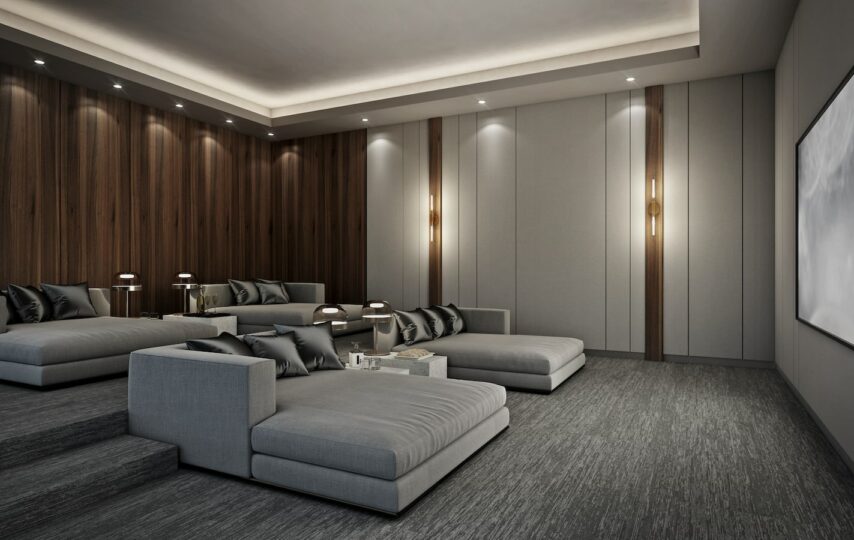Whether it’s a vacation home or your future retirement residence, a second home is a significant investment that requires a lot of consideration. Ask yourself these questions before you take the leap.
What are your plans for the house?
People buy second homes for many reasons. Some need a commuter home that’s closer to their workplace while others want a vacation home for weekend getaways. It’s essential to determine how you plan to use your second home because this will help determine many aspects of the purchase, from financing options to the cost, location, and size of the house. Fixer-uppers will cost you less upfront, but you’ll need to be knowledgeable about repairs to successfully renovate them. A vacation home where you’ll eventually retire may seem like a great idea, but the property may be hard to maintain if you don’t live nearby.
Every choice has pros and cons, but you can make better decisions in the long run when you’ve decided what you’re looking for.
How much are you willing to invest?
Your budget will determine many aspects of your second home including the size, neighborhood, style, and amenities. Some buyers are willing to pay a premium for a great location near a beach or lake, others may want some extras like a swimming pool. Speaking to realtors in the area will help you understand the local housing market and what type of house may fit into your budget. Remember that you’ll ultimately pay more than just the purchase price–you’ll pay closing costs, homeowner’s insurance premiums, property taxes, and Homeowners Association (HOA) fees (if applicable). Consider these factors when you’re determining your budget.
Are you ready to deal with repairs and maintenance?
New builds are usually move-in ready after purchase, but older homes may need some extra TLC. Sometimes there are hidden issues, like rusty pipes or mold, that need to be tackled before the house is habitable. If you’re aware of the home’s issues before purchasing, you may be able to negotiate a better price. However, if issues arise later on, you might have to look into other financing options. Savings are great if you have them, alternatively, consider a home improvement loan or home equity line of credit. If you have a permanent life insurance policy like whole life insurance or universal life insurance, you may know that policies have a cash value that you can borrow against for any reason, including to fund home improvement projects.
The bottom line
A second home can be an excellent investment for many people, but it’s important that you’re sure about your decision. Conduct research, talk to homeowners and realtors, and explore different lenders before you settle on a home and mortgage.
The primary purpose of permanent life insurance is to provide a death benefit. Using permanent life insurance cash value will reduce the death benefit and may affect other aspects of the policy.
Source: iQuanti








